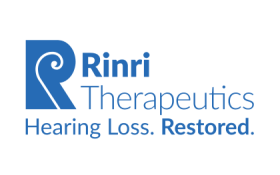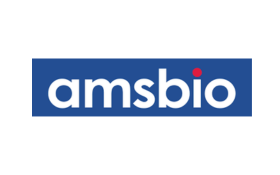Pre-clinical screening technology increases cancer test numbers
A screening tool developed in research led at the University of Strathclyde, UK could increase the number of tests on a solid tumour sample by up to 50 times.
The tool is designed for testing at scale the latest immunotherapies, such as Chimeric Antigen Receptor (CAR) T-cell therapy, which is effective against many haematological cancers but presents challenges when used to treat solid tumours.
Traditional 2D models that are currently used fail to reproduce the complexity of the tumour’s microenvironment, while models based on patients’ tumours are costly and labour-intensive. The Strathclyde-led study has developed a miniaturised platform for screening 3D tumour models to evaluate the toxicity of CAR-T therapy towards cells. The platform enabled visualisation and quantification of how CAR-T cells rapidly targeted, broke up and killed cancer cells without causing significant harm to other cells. In addition, the research found that, while chemotherapy treatment did not act specifically on cancer cells when used alone, cancer cell specificity was enhanced when combined with CAR-T cell treatment.
The study also involved researchers at the University of Glasgow and the Cancer Research UK Beatson Institute in Glasgow. This groundbreaking work has been published in the IEEE Open Journal of Engineering in Medicine and Biology. The research was led by Dr Michele Zagnoni, a Reader in Strathclyde’s Department of Electronic and Electrical Engineering, and recently graduated PhD student Karla Paterson.
Dr Zagnoni said: “There are particular challenges with evaluating solid tumours, not just cancerous cells but those surrounding them. We are developing a technology platform which could accelerate the development of therapies and provide models which are much more representative of what happens in the body than what is currently available. We are providing a tool for research and development labs to conduct tests before proceeding to clinical trials, which uses fewer resources and can scale up at reasonable cost.” He added “CAR-T cell development is expensive, and patient derived tissue is a limited resource. Our aim is to enable 20 to 50 times more experiments to be performed in these conditions.”
The technology is to be commercialised by ScreenIn3D, a pre-spinout company co-founded in 2018 by Dr Zagnoni, who is the company’s CEO, and Alex Sim, who is its Executive Chair. Karla Paterson is working for the company as an Application Specialist, along with Jolanta Beinarovica. It was established with the support of Strathclyde’s Innovation and Industry Engagement team. This study stems from a larger project that was recently named joint winner of Strathclyde’s Stephen Young Entrepreneurship Award for an Outstanding Business Idea Research Paper. The award was established through a £50 million gift made to the University in 2021 by the Charles Huang Foundation; £20 million of entrepreneur and philanthropist Dr Huang’s gift was made to honour Professor Young, who died in August 2021 and who was Dr Huang’s PhD supervisor and mentor during his studies at Strathclyde. The research received funding from AMS Biotechnology Europe Ltd.
For further information please contact Dr Zagnoni at the University of Strathclyde (+44-141-444-7368 / michele.zagnoni@screenin3d.com) or AMSBIO on +44-1235-828200 / info@amsbio.com.
Founded in 1987, AMS Biotechnology (AMSBIO) is recognized today as a leading transatlantic company contributing to the acceleration of discovery through the provision of cutting-edge life science technology, products and services for research and development in the medical, nutrition, cosmetics, and energy industries. AMSBIO has in-depth expertise in extracellular matrices to provide elegant solutions for studying cell motility, migration, invasion, and proliferation. This expertise in cell culture and the ECM allows AMSBIO to partner with clients in tailoring cell systems to enhance organoid and spheroid screening outcomes using a variety of 3D culture systems, including organ-on-a-chip microfluidics. For drug discovery research, AMSBIO offers assays, recombinant proteins, and cell lines. Drawing upon a huge and comprehensive biorepository, AMSBIO is widely recognised as a leading provider of high-quality tissue specimens (including custom procurement) from both human and animal tissues. The company provides unique clinical grade products for stem cell and cell therapy applications. This includes GMP cryopreservation technology, and high-quality solutions for viral delivery (lentivirus, adenovirus, and adeno-associated virus.





